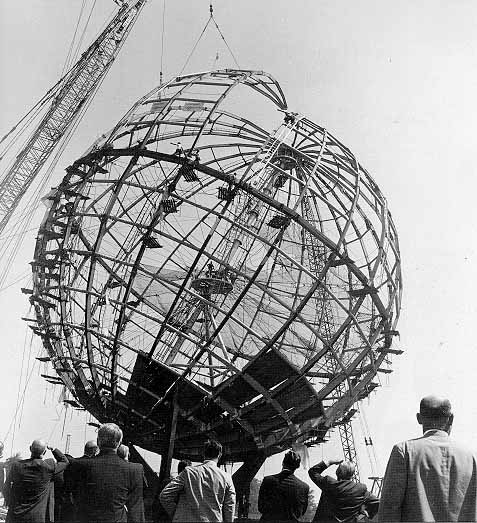This essay explores the invention of the “global” and its role in the formation of transnational history, through a review of Isaac Kamola’s Making the World Global. As Kamola argues, global thinking reflected a particular, late-20th century moment in the history of U. S. universities and foundations, one characterized by the ascendancy of business and marketing ideologies, declining state support for area studies, and the pursuit of private investment and tuition-paying international students. As this essay argues, global discourse’s emphasis on flow, linkage and exchange informed what can usefully be called a connectionist scholarship that was structured by inquiries into connectivity and a normative valorization of connectedness; this framing profoundly shaped ideas of transnational history as scholarly enterprise. Understanding this genealogy is necessary in order to open space for other definitions of what transnational history is and might become.
